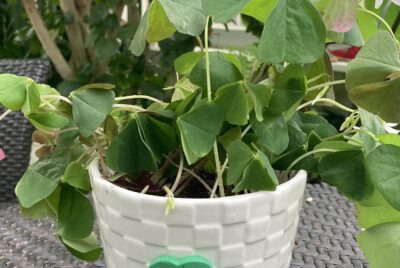RESEARCH
Efficacy of a Horticultural Therapy Program Designed for Emotional Stability and Career Exploration among Adolescents in Juvenile Detention Centers
Summary
The research involved 35 adolescents in a juvenile detention center who participated in an eight-session horticultural therapy program designed to improve emotional resilience, peer attachment, and career preparation. The program included plant cultivation, seeding, transplanting, flower pressing, and urban agriculture activities, integrating elements of career exploration. Results showed significant improvements in peer attachment, social skills, and career preparation behaviors, indicating that gardening activities helped participants build positive relationships, self-efficacy, and future aspirations.
Although emotional resilience scores showed slight improvements, the most notable gains were in social engagement and career confidence, as participants developed job-related skills and self-awareness. Feedback from participants was highly positive, with 88% expressing satisfaction and many reporting that the therapy helped them feel more hopeful and prepared for reintegration into society. The study supports horticultural therapy as a valuable rehabilitation tool for at-risk youth







